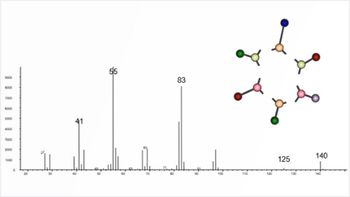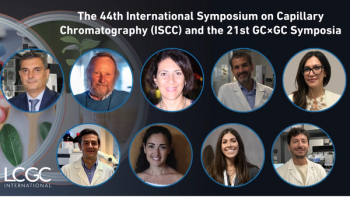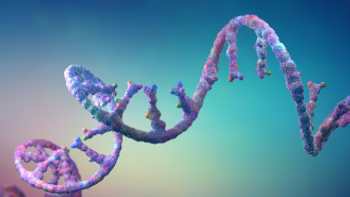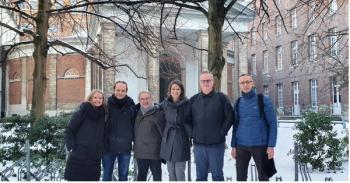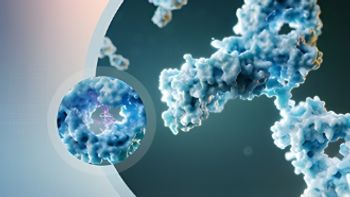
Pittsburgh Analytical Chemistry Award: Richard Yost
Professor Richard Yost of the University of Florida is widely recognized as a leader in mass spectrometry and analytical chemistry, most notably for his co-invention of the triple quadrupole mass spectrometer, which has revolutionized important measurements impacting many fields of study.
The session starts with a talk by Richard A. Yost of the University of Florida, at 8:40 am, on analytical mass spectrometry—how did we get here and where are we going? Today, mass spectrometry has become the gold standard, the flagship of analytical chemistry, solving problems in an enormous range of applications, from drug discovery to environmental research, to testing Olympians for drug use, to screening newborns for inherited diseases. This talk will describe how mass spectrometry has become so essential in analysis, and where it is going next. This award talk is an opportunity to celebrate mass spectrometry.
The next talk, at 9:15 am, is by Alan Marshall of the National High Magnetic Field Laboratory and Florida State University on Fourier transform ion cyclotron resonance mass spectrometry (FT-ICR MS) and what's ahead. FT-ICR MS inherently offers the highest broadband mass resolution and mass accuracy in MS technology today. This talk will benchmark performance of FT-ICR MS for applications ranging from environmental oil spills to diagnostic identification of proteoforms in multiple myeloma and hemoglobinopathies.
Erin Baker of North Carolina State University will then describe, at 9:50 am, increasing the throughput, specificity, and confidence in ‘omics analyses using multidimensional measurements and cheminformatics visualization techniques. These techniques are usefulfor improving identification quality; measurement throughput, sensitivity, robustness; and quantitative capabilities for mass spectrometry applications. The benefits observed from various ‘omics studies of biological and environmental samples will be summarized.
This will be followed by a talk at 10:40 am by Susan Richardson of the University of South Carolina on advances in environmental analysis: mass spectrometry pushes the envelope. Environmental research continues to expand beyond traditional, regulated contaminants to emerging contaminants. Because environmental samples are inherently complex mixtures with trace-level contaminants, mass spectrometry has been key for their identification and measurement. This presentation will provide an overview of the state of the science for emerging contaminants, their formation and transformation in the environment, and the modern tools used to measure them.
The final talk of this session at 11:15 am is by John Yates of Scripps Research discussing combined single neuron patch-clamp/mass spectrometry (PatchC-MS) analyses. As interest in single-cell analysis increases, performing single-cell MS still remains a challenge. This talk demonstrates patch-clamp electrophysiological recordings of single human induced pluripotent stem cells (iPSC)-derived neurons followed by MS analysis of the same cell. This presentation details single-cell patch-clamp electrophysiology combined with MS proteomic analysis.
Link to the full session:
Newsletter
Join the global community of analytical scientists who trust LCGC for insights on the latest techniques, trends, and expert solutions in chromatography.

